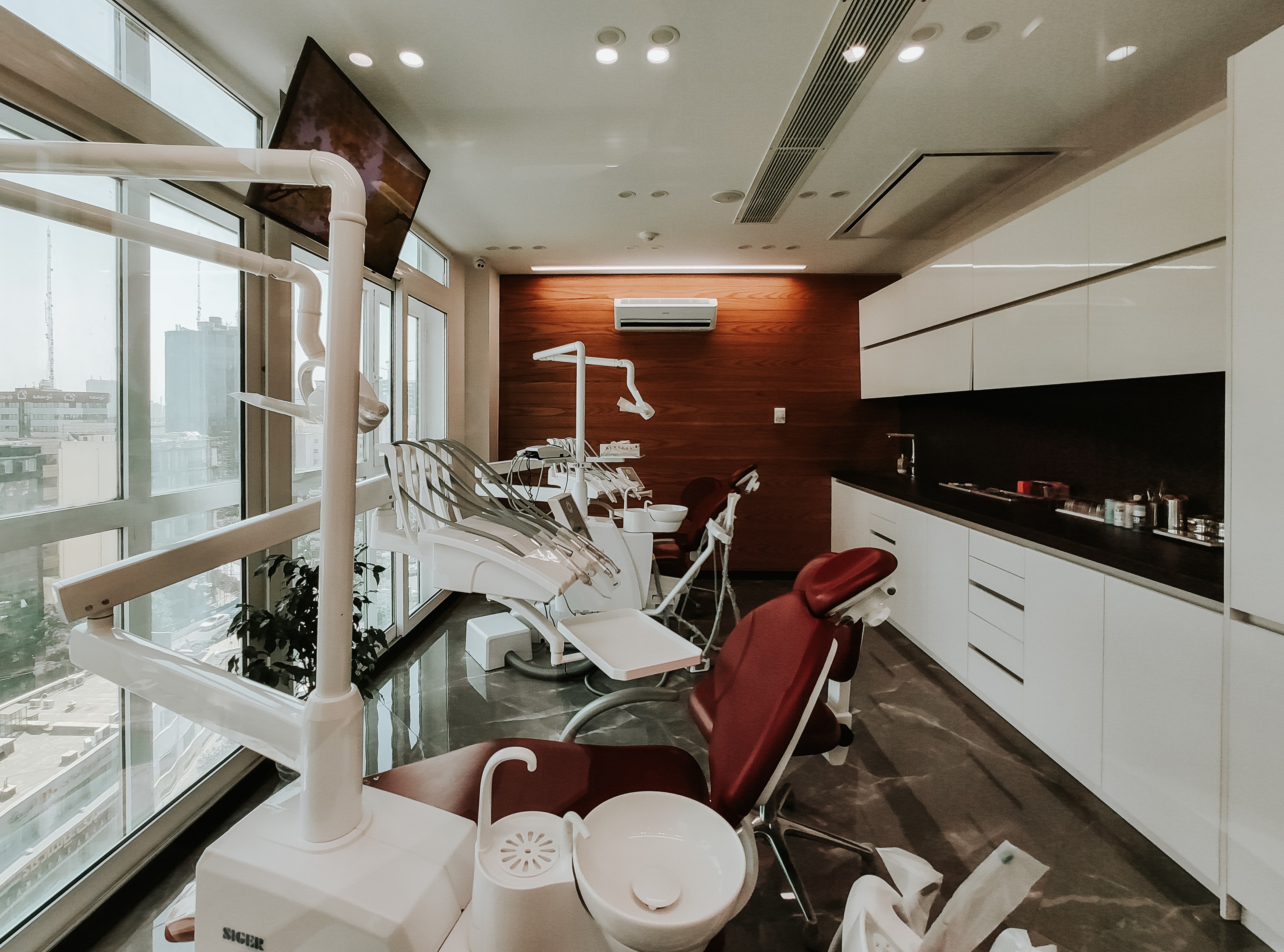Protecting your assets — dental practice

Having worked hard to build up your dental practice, it is important to protect your assets. To do this, you need to understand the potential risks you face so that you can take steps to mitigate them.
A logical place to start is to list your assets — personal and business. These will include both tangible and intangible assets.
Tangible assets are things like the cash that you hold in the bank, your practice premises and equipment, trade debtors, investments, and so on.
Intangible assets include your expertise and skills, reputation, brand, client relationships and goodwill.
It is a good idea to separate assets into two categories — current and fixed. Current assets are those that you can quickly convert to cash while fixed assets take longer to convert.
If you are unsure what to include on your list, seek advice from a specialist dental accountant.
Dental practice risk management
Once you have a comprehensive view of your assets, the next step is to carry out a risk assessment. This involves identifying potential risks and working out the steps that you can take to protect your assets against them. This will include ensuring that you have adequate insurance against claims of negligence or malpractice along with appropriate insurance for public liability, employment liability, business interruption, key man insurance, data breach protection, and so on.
Know what your dental practice is worth
Another important step is finding out what your practice is worth. This is vital information for insurance and business development purposes and helps protect your family and business from the impact of unexpected events. You should also have a Succession Plan in place along with an up to date Will. It is good practice to get an independent valuation every 3–5 years along with a review of your practice’s business plan.
Profit Drivers
Understanding your practice’s profit drivers will enable you to identify opportunities to enhance value. This is important from a practice management perspective as well as for building up and protecting your future income.
- When seeking to enhance practice value, key areas to focus on include:
- Business sector, size, structure and location
- EBITDA (earnings before interest, tax, depreciation and amortisation)
- Efficiency, credit control, payment patterns and debtor management
- Client base and goodwill
- Growth potential
- Property and facilities
- People and strength of management team
- Competition
Business Structure
It is widely accepted Irish legislation governing dental practices requires reform. As far back as 2007, a Competition Authority report on the dental sector noted that it is unclear whether dentists are allowed to offer their services under a corporate business structure. The Competition Authority recommended that this uncertainty should be removed by amending the Dentists Act 1985 to explicitly allow corporate bodies to engage in the business of dentistry. While Government is understood to be working on legislation, the Act has not yet been amended. However, there are alternative structures that may suit your practice. As each practice is different, it is advisable to consult a specialist dental accountant who can advise you on the best structure for your particular requirements.
Traditionally most self-employed dentists in Ireland operated as sole practitioners or in partnerships however in recent years corporates have begun to buy up practices. An advantage of the company structure is that unlike a sole practitioner or partnership whose assets are at risk if a claim is made against their practice, a company is a separate legal entity whose shareholders cannot be pursued for company debt beyond the capital that they contributed the company.
Partnership Agreement
If your practice is structured as a partnership, another important tool for protecting assets is to have a formal Partnership Agreement. Amongst other provisions, this agreement sets out the rights and responsibilities of the partners, how the partnership is governed, how profits are shared, how retirement and dissolution will be managed. It also provides a mechanism for resolving disputes. If there is no Partnership Agreement in place, the partnership is governed by the Partnership Act of 1890.
Tax Planning
Efficient tax planning is very important when it comes to protecting business and personal assets, particularly when you are:
-
Changing your business structure
-
Admitting or expelling partners
-
Acquiring or selling a dental practice or practice assets
-
Succession planning
-
Retirement planning
Correct structuring can save you thousands of euro in tax for example if you are selling your practice and qualify for Retirement Relief you could save a substantial amount in capital gains tax. Revised Entrepreneur Relief potentially reduces the Capital Gains Tax rate from 33% to 10% on gains from the disposal of qualifying business assets.
Need more information?
This article touches on just some of the issues you need to consider when planning how to protect your business and personal assets. For more information, please check out our services for dental business owners or speak to Adrian Barrett our dental expert today.





